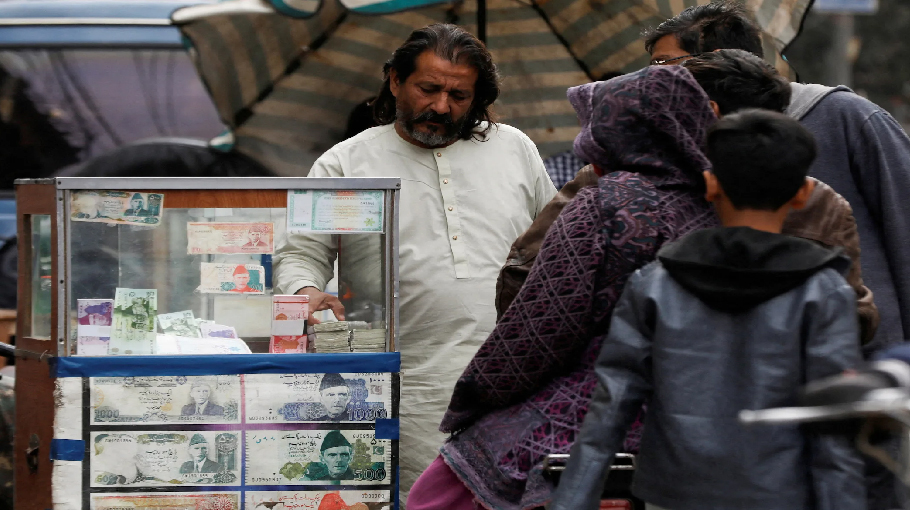Pakistan moves toward endgame

Pakistan's full-blown economic turmoil, from its biggest ever currency devaluation to a rash of emergency spending cuts, offers the clearest sign yet that the nuclear-armed nation faces the risk of a default unless it receives massive support.
Pushed to the brink by last year's devastating floods, the South Asian nation has reserves of just $3.7 billion remaining, or barely enough for three weeks of essential imports, while hotly contested elections are due by November.
It desperately needs the International Monetary Fund to release an overdue tranche of $1.1 billion, leaving $1.4 billion remaining in a stalled bailout programme set to end in June.
Although an emergency IMF mission has arrived in Pakistan, there are no guarantees amid a growing number of headaches after November's suspension of disbursements from the current package, which was topped up to $7 billion after the floods.
A devaluation of 15% in the Pakistani rupee and a rise last week in fuel prices could help eliminate some key snags, particularly as tax measures are apparently imminent.
Yet pressure is building as the bailout programme cannot be extended beyond June and the elections loom.
"If they don't get those (IMF) funds, default risk increases materially," said Kathryn Exum, the co-head of sovereign research at distressed debt specialist fund Gramercy, which expects more of a debt "reprofiling" rather than mass write-off.
Pakistan's former finance minister, Miftah Ismail, who successfully negotiated an extension to last year's programme before being sacked in the political tumult, also thinks the IMF is the only logical option.
"If the IMF doesn't come in, we're looking at a default," Ismail said, adding that another support package, the country's 24th, would then be needed. "I can't imagine Pakistan not going on a back-to-back IMF programme."
Prime Minister Shehbaz Sharif’s main election challenger is former cricket star Imran Khan, who was removed from the job last April but retains popularity. Each blames the other for the crisis, although finances have long been strained.
With Pakistan's debt-to-GDP ratio in a danger zone of 70%, and between 40% and 50% of government revenues earmarked for interest payments this year, only default-stricken Sri Lanka, Ghana, and Nigeria are worse off.
"There is just a long-term indebtedness problem," said Jeff Grills, the head of emerging markets debt at Aegon Asset Management, who held Pakistan bonds until the floods hit.
"It is more a question of when they need to restructure, rather than if."
Most of Pakistan's bonds are still trading at less than half their face value.




